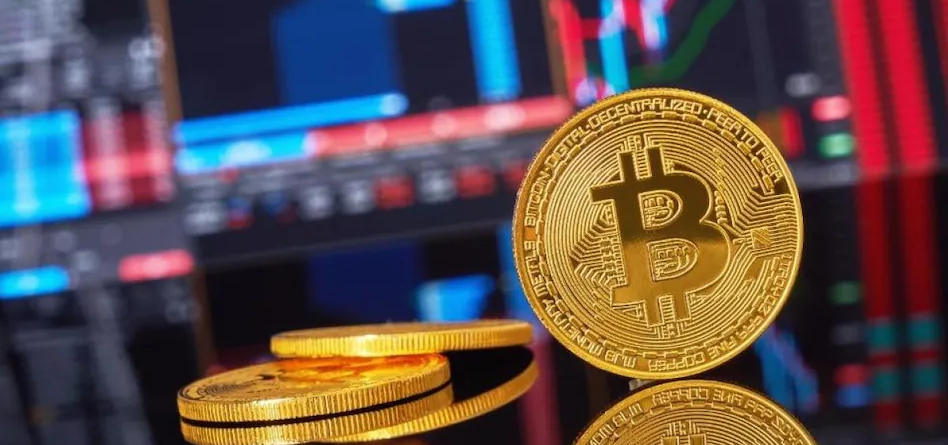US. Wisconsin pension fund now includes bitcoin
BY RICH KREMER
Wisconsin’s pension fund has added bitcoin to its balance sheets, buying more than $160 million worth of shares in two newly approved funds earlier this year.
U.S. Securities and Exchange filings from the State of Wisconsin Investment Board show that between Jan. 1 and March 31, it bought just more than $99 million worth of shares in a bitcoin exchange-traded fund, or ETF, from investment juggernaut Blackrock. The Investment Board, known as SWIB, also bought about $64 million worth of another bitcoin ETF from Grayscale.
A spokesperson for SWIB told WPR it doesn’t comment on specific assets or acquisitions.
Marquette University Emeritus Associate Professor of Finance David Krause said there’s a distinction between buying bitcoin itself and buying shares of a bitcoin ETF. People can buy bitcoins directly and store them in a digital wallet, but Krause said to think of the bitcoin ETF’s more like a mutual fund. He said shares of the ETF are tied to the price of bitcoin but investors don’t actually own the cryptocurrency.
Bitcoin ETFs, like the ones bought by SWIB, were approved by the SEC on Jan. 10.
“These are traded on stock exchanges,” Krause said. “So, they have liquidity just like shares of stock. They’re also regulated by the Securities and Exchange Commission. That gives investors some confidence that they’re not dealing with directly buying an asset.”
While $160 million is a lot of money, Krause said it’s a small fraction of Wisconsin’s overall pension fund. At the end of December, SWIB held more than $155 billion in assets, with the vast majority of that representing assets in the Wisconsin Retirement System.
“Like any good portfolio manager, you want to diversify,” Krause said. “And now that bitcoin has been around for well over a decade, we’re aware that not only does it offer pretty strong returns — sometimes over periods of time quite phenomenal returns — but it also has diversification capabilities. It doesn’t move directly, in tandem with stocks and bonds.”
However, bitcoin is notoriously volatile. In 2021, the price of one bitcoin peaked at almost $66,000 before dropping to around $16,000 in 2022. This year, it hit a new high of about $71,000.
Krause said it’s a “big deal” for SWIB to get involved with the bitcoin funds because it’s considered one of the most highly regarded pension funds in the country.
“I can assure you that most institutional money managers took note of this,” Krause said. “Pensions magazine highlighted this just a couple of days ago that Wisconsin did this. So, I am pretty confident that just about everybody that runs large pension funds or institutional funds, is aware that SWIB took that action.”
Mark Fedenia, an associate professor of finance at the the University of Wisconsin-Madison’s School of Business, said the move gives “institutional validation for Bitcoin and cryptocurrency investments.”
“SWIB’s investment may boost confidence among other pension funds regarding the legitimacy and potential of Bitcoin ETFs,” Fedenia said. “Seeing a well-regarded institution like SWIB take the plunge can alleviate concerns about volatility, regulatory risks and the overall investment thesis for Bitcoin.”
Bitcoin, which was created in 2009, is “mined” using high-powered computers to verify online transactions that use cryptocurrency. Bitcoin mines consume substantial amounts of electricity. Aside from it’s volatility, critics have pointed to power consumption, electronics waste and it’s use by criminal hackers as a form of payment following ransomware attacks.
In Wisconsin, some local communities have turned to bitcoin and other cryptocurrencies as a way to invigorate their local economies. In 2022, the owners of a rural hydroelectric plant in Jackson County partnered with New York-based Digital Power Optimization to start a cryptocurrency mine on Lake Arbutus.
Read more@wpr










